Diplomatic relations between the United States and Iran are brewing again with tensions as Tehran delivered a clear message to Washington on what it sees as conflicting and changing demands in the nuclear talks.
The threat has implications of possibly dissembling the talks, which were already hanging by a thread.
If these talks fall apart, the consequences could be disastrous. Former U.S. President Donald Trump, who is once more back in the spotlight in U.S. foreign policy, has warned of using military force against Iran to stop what he claims is a secret nuclear weapons program. Tehran continues to deny that it is developing nuclear weapons, claiming its program is strictly for peaceful energy goals.
At the same time, Trump’s “maximum pressure” policy also puts Iran under severe economic pressure, including tightening sanctions designed to force Tehran into compliance with Washington’s demands.
What Led to the Warning?
The most recent strain is generated by White House Middle East Special Envoy Steve Witkoff’s recent words. After meeting with Iran’s foreign minister in Oman, Witkoff drastically shifted direction—first urging Iran simply to scale back its enrichment to civilian levels, then calling for an end and dismantling of all enrichment and so-called “weaponization” activities.
This apparent flip-flop wasn’t lost on Tehran. Iranian Foreign Ministry spokesman Esmaeil Baqaei characterized Witkoff’s about-face as a “nearly 180-degree turn,” according to state media outlet IRNA.
Iran Backs Off
On X (formerly Twitter), Baqaei wrote:
“Moving the goalposts is a professional foul and an unfair thing to do in football. In #diplomacy any such shifting (encouraged by hawks who don’t get the logic/art of commonsensical deal-making) could well jeopardize any overtures being made. It could be taken as unseriousness, let alone good faith.”
This comment reflects growing frustration in Tehran that the U.S. position is capricious and more obdurate—threatening months of diplomatic labor.
U.S. Holds Its Line
Witkoff defended the firmer position, tweeting:
“A deal with Iran will only happen if it’s a Trump deal. Any agreement must set out a framework for peace, stability, and prosperity in the Middle East—i.e., that Iran must suspend and roll back its nuclear enrichment and weaponization program.”
His comments confirm that the Trump administration is demanding a much harder bargain than the 2015 nuclear agreement, which Trump notoriously withdrew from in his first term.
A Sensitive Moment
The head of the International Atomic Energy Agency (IAEA), Rafael Grossi, is visiting Tehran to engage in high-level negotiations in an attempt to keep the diplomatic process going. Hardliners on both sides, meanwhile, are making their presence known.
A New York Times report broke news that Israel was preparing military strikes on Iranian nuclear facilities, and then Trump aborted them at the last minute—a harbinger of just how far the region came to the brink of war.
What’s Next?
With the next round of talks due to be held this Saturday, there is mounting skepticism as to whether or not a breakthrough is possible anymore. The interaction of fixed positions, official bombast, and military saber-rattling has heightened the risk of miscalculation.
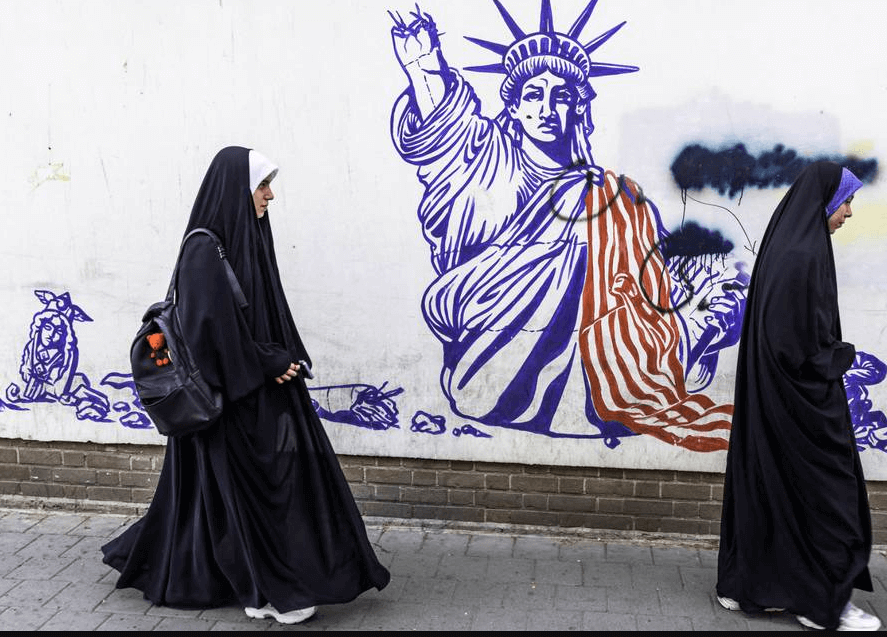


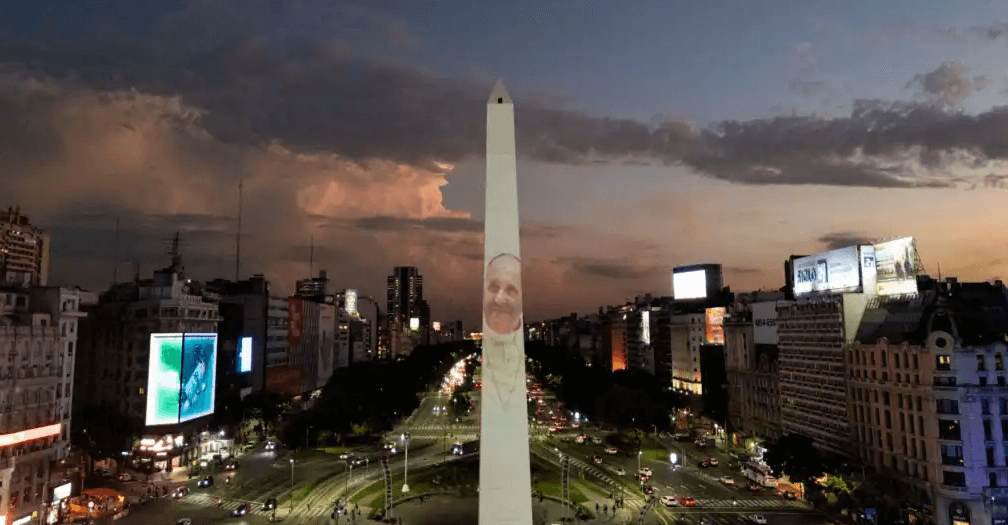
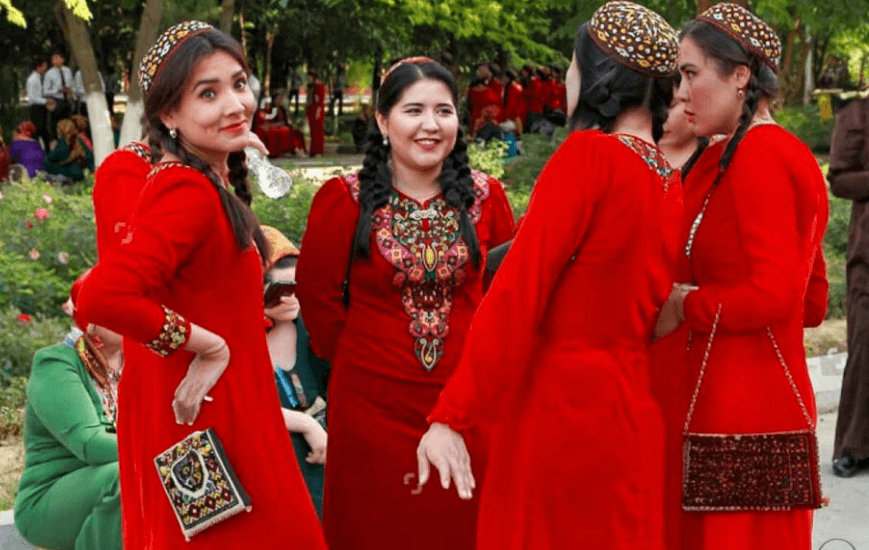
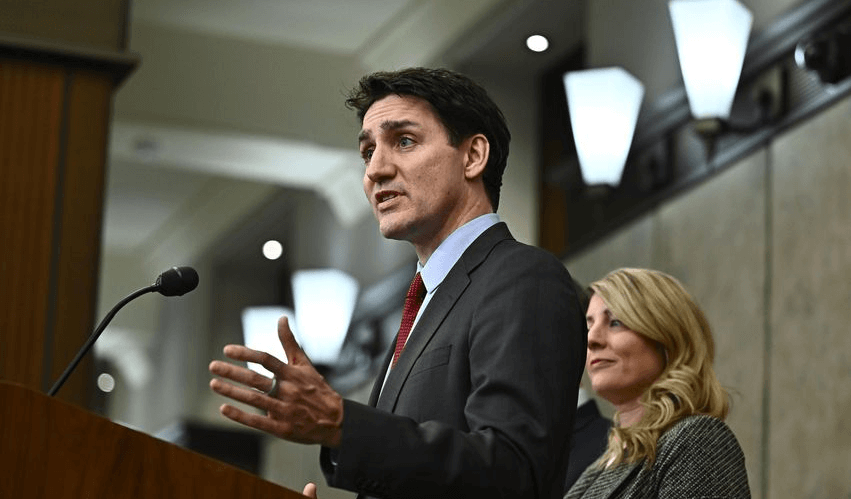
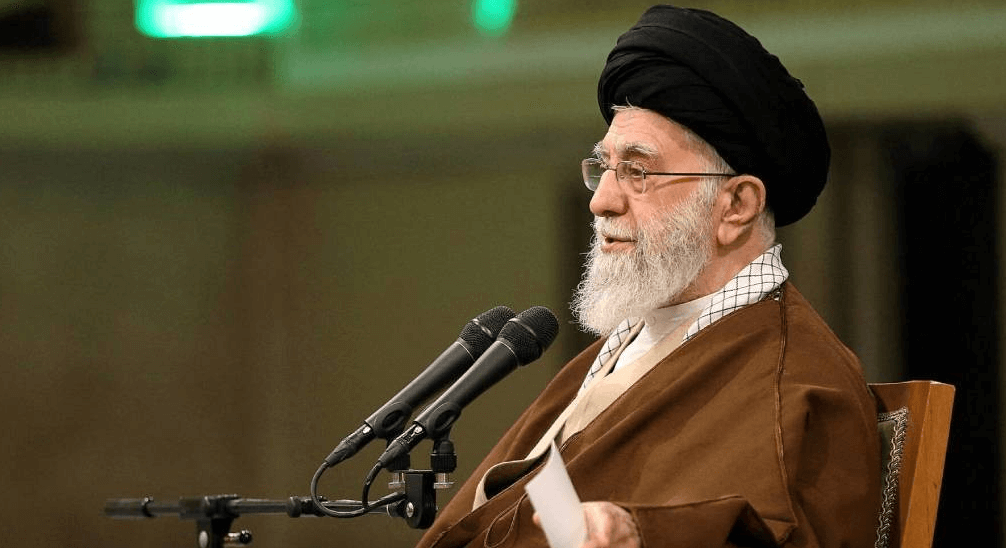
Leave a Reply